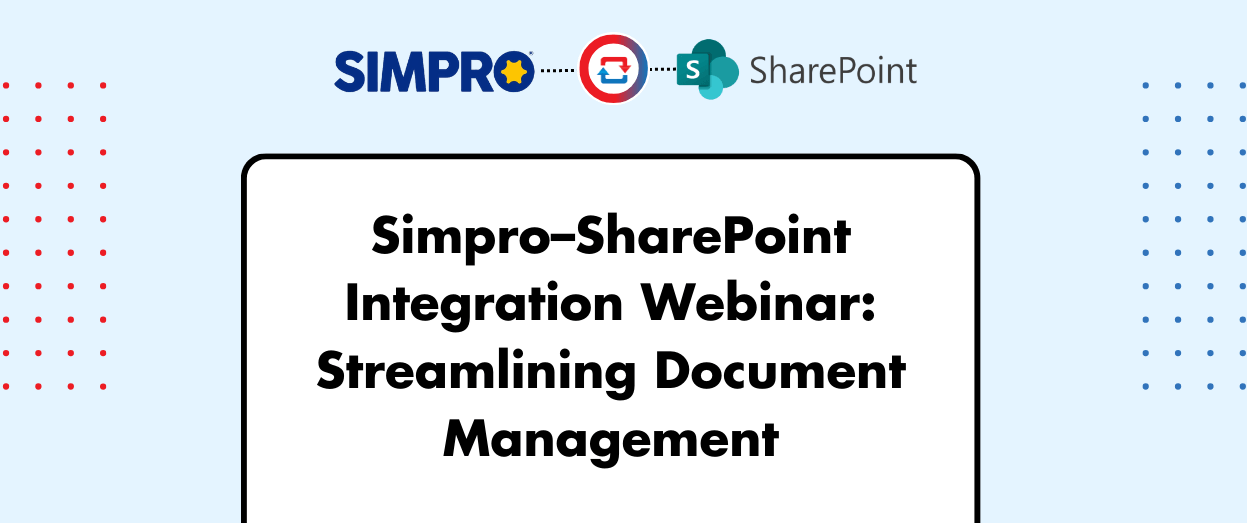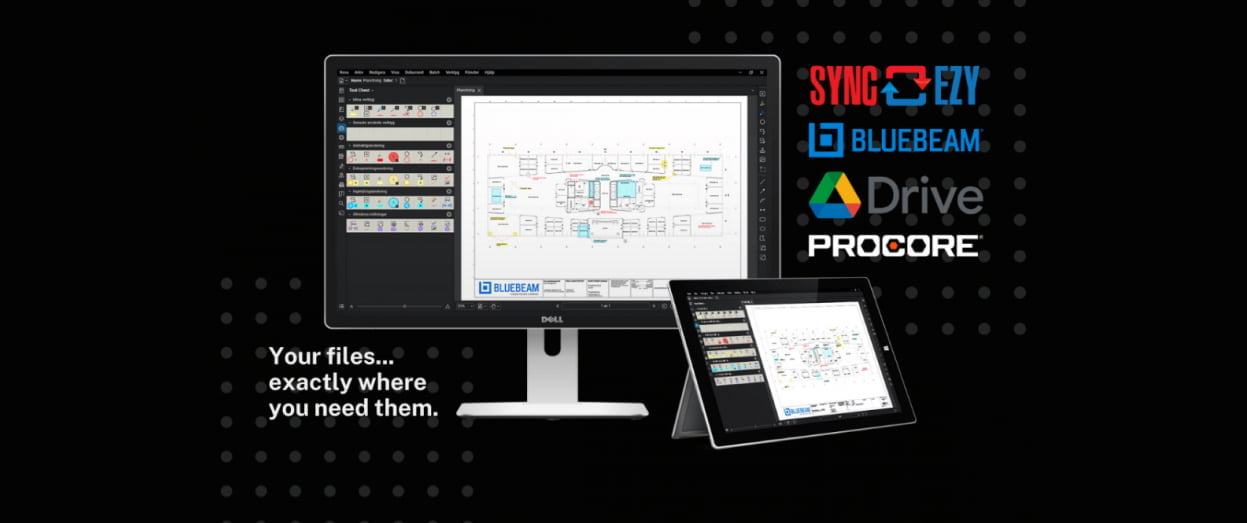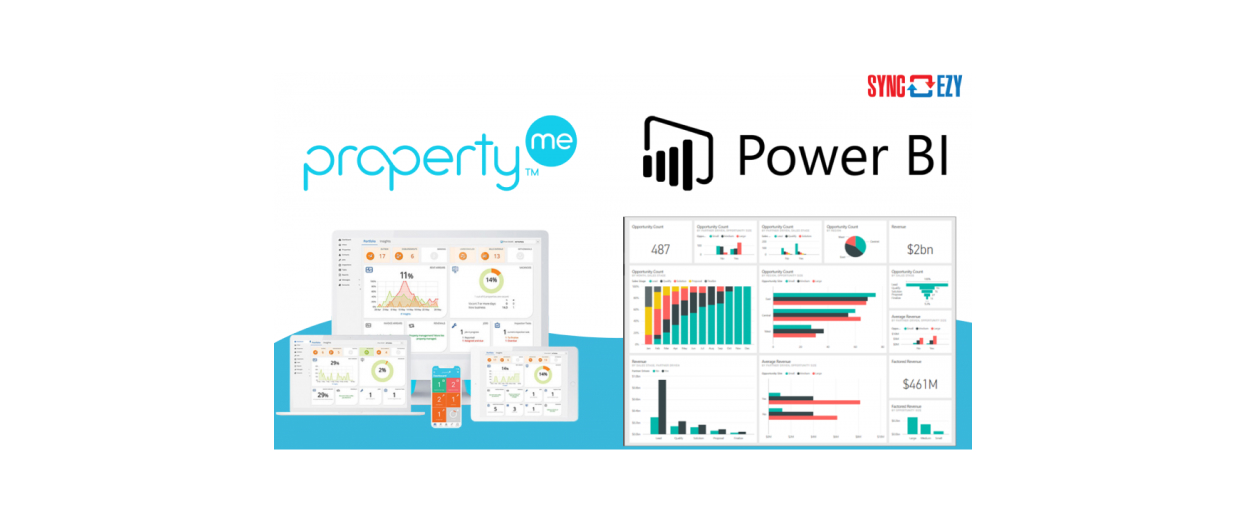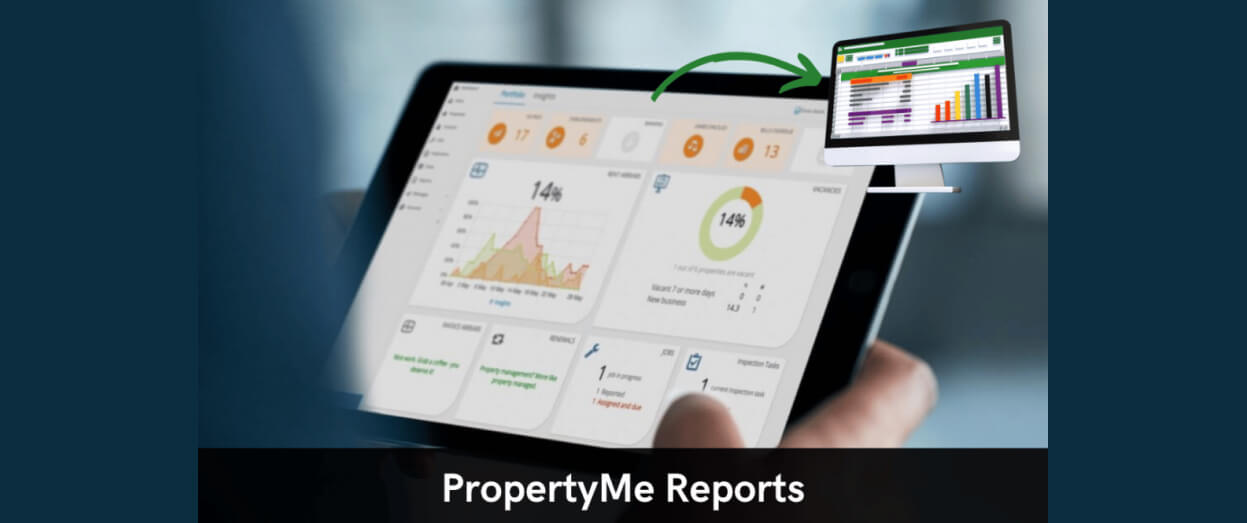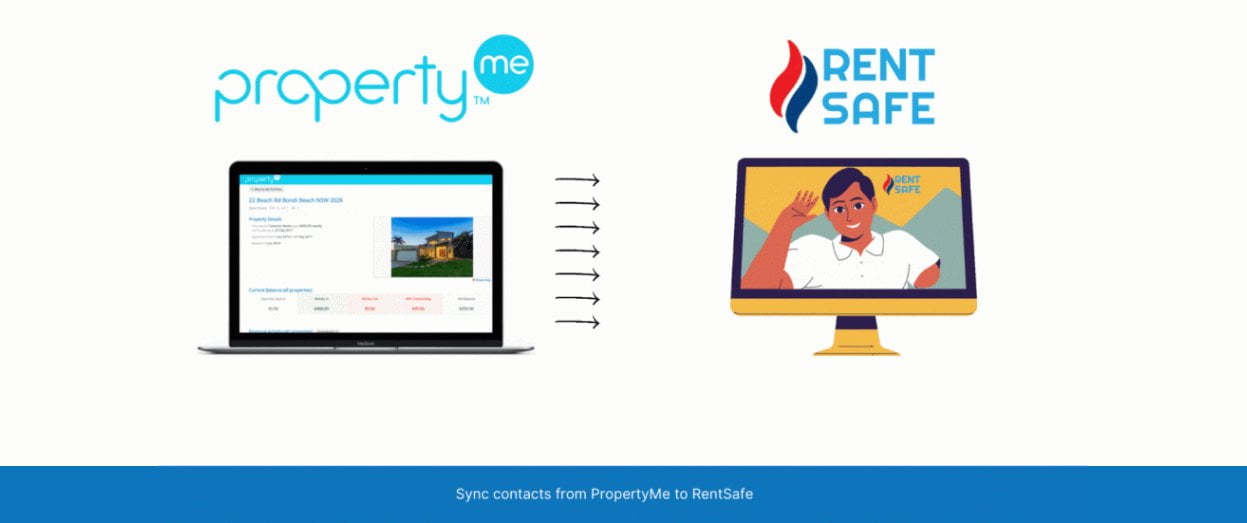
Hari Iyer | SyncEzy
CEO5 Min Read
Oct 26, 2022

Starting a property management business
The real estate industry is one of the most competitive industries in the world, and it’s not easy to get into this field if you don’t have any experience or knowledge about how to start a property management company. If you want to be successful at your job as a property manager, then you need to know what you are doing. You also need to know how to manage people so that they will work for you. This article will give you some tips on how to start a property managing company.
How to Start a Property Management Business
1. Choose Your Niche
The first thing that you should do when starting a property management company is to choose a niche. There are many different niches within the real estate industry, but only a few of them can make money. For example, there are several types of properties that you could manage: single family homes, apartments, condos, commercial buildings, etc. If you decide to specialise in a certain type of property, then you will be able to charge more than someone who manages all types of properties.
2. Get Professional Help
You may think that you can handle everything by yourself, but you cannot. It takes a lot of time and effort to learn how to start a property manager company. In order to save time and energy, you should hire experts to help you with the setup. These experts include business advisors, accountants, financial advisers and others. Hiring experts will help you stick to what you know best, finding qualified tenants for your properties, negotiate contracts, perform inspections etc.
3. Create a Website
You must create a website where potential clients can view your services and contact you. The best way to attract new customers is through social media sites such as Facebook and Twitter. You can use these websites to advertise your services and post information about your property management company.
4. Find Clients
Once you have created a website, you should start looking for potential clients. You can advertise your services online or offline. When advertising online, you should focus on local businesses because they are more likely to need your services. Offline marketing includes flyers, brochures, and direct mailings.
5. Perform Inspections
When you receive payments from your clients, you will inspect their properties. You should check the condition of the house, the appliances, and other things that might affect the value of the home.
6. Hire Employees
Once you have found a number of potential clients, you should interview them and select the ones that you feel comfortable working with. Once your property management workload starts to fill your week, you’ll need to look for employees. After selecting employees, you should train them properly and make sure that they understand the responsibilities of their jobs.
7. Maintain Records
If you want to avoid problems later on, you should maintain records of every transaction that you conduct. These records include invoices, receipts, and any agreements that you sign.
8. Keep Up With Technology
If you want to stay competitive, you should invest in technology. This means that you should update your systems & processes so that you can provide better service to your clients. Using a system like PropertyMe and having it connected to your maintenance team’s job management software will ensure you can provide fast, efficient service.
9. Stay Organised
It is important to stay organised at all times. You should have an online calendar or booking system where you can keep track of appointments and meetings. You should also have a property management system where you can record client details, notes and more.
How to set up systems in your property management business
Before you start managing properties, you should set up systems. For example, you should establish a system for finding new clients, managing clients, scheduling inspections, collecting rent and organising repairs.
1. Establish a System for Finding New Clients
To start building your client base, you’ll need to find channels for acquiring new clients. You might run online ads through Google or Facebook that target your local area. Another local strategy is to do letterbox drops or advertising/ getting editorials in local newspapers.
2. Establish a System for Managing Clients
In order to keep track of all of your properties, you should establish a database where you can store client information. There are several property management CRM systems like PropertyMe that can be used to manage your property management clients.
3. Schedule Inspections
Scheduling inspections will be a major part of your role as a property manager. Using PropertyMe, with built-in property management templates, will help you streamline your admin and keep tenants & landlords updated.
4. Collect Rent
Rent collection can be set up through a direct debit arrangement, through manual direct deposits by tenants or through an automated property management payment system (that may have higher per-transaction fees).
5. Manage Repairs
Your tenants should have a way of getting in touch with your team in the event they need repairs to the property where they’re staying. This may be via email, through phone or through an online form on your website where they add their details + the details of the repair required. These repair requests can flow through into your property management software, like PropertyMe, where you can automatically have the request assigned to your local tradesperson.
Need help to set up systems?
If you’re looking to set up your property management system and need help, get in contact with our sales team today.
